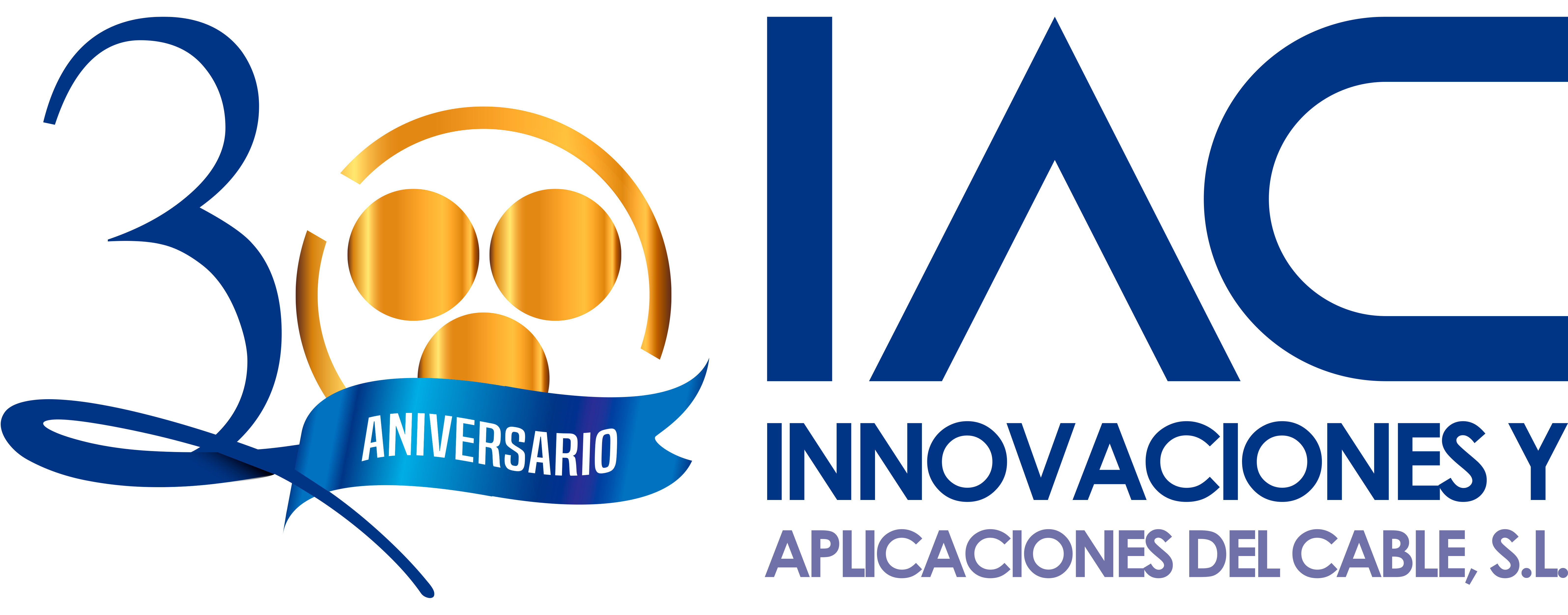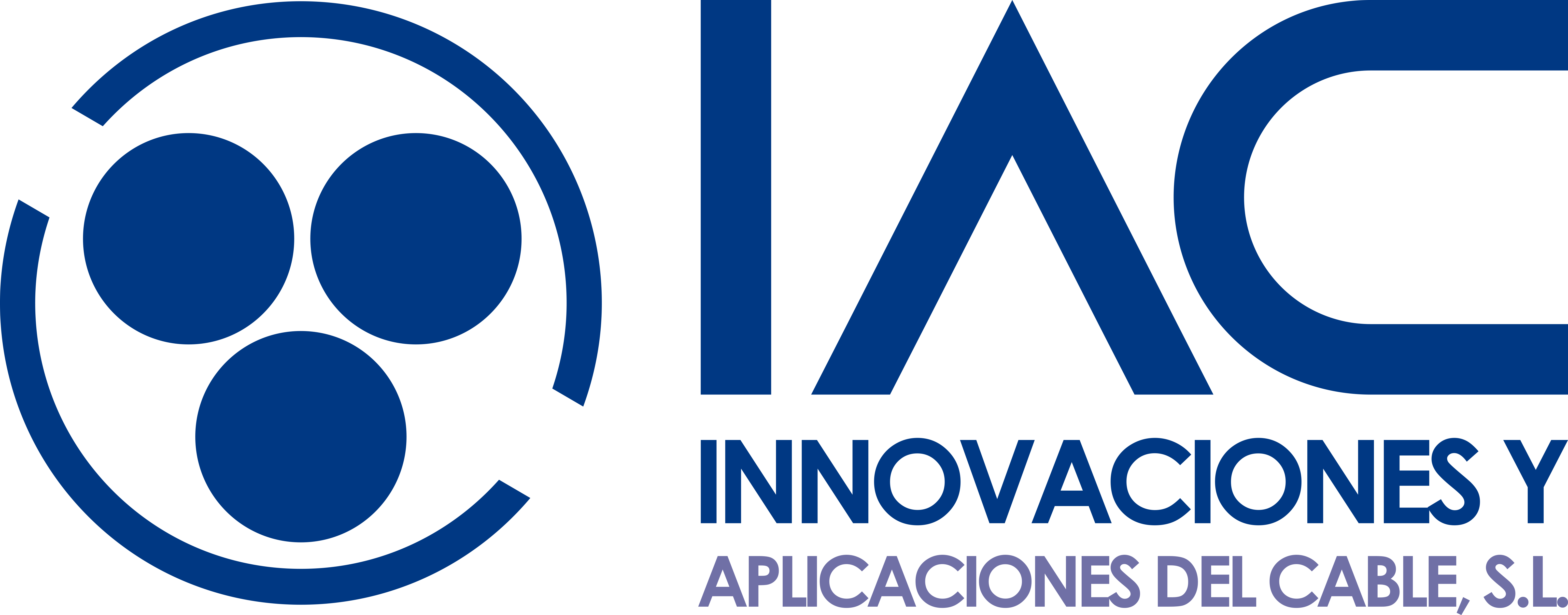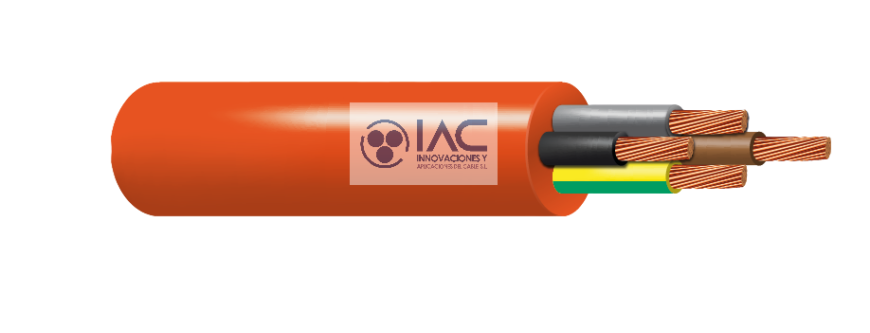Difference between a PVC and PUR cable
PVC (Polyvinyl Chloride) and PUR (Polyurethane) are both materials used in cable insulation and jacketing, but there are some key differences between them. In this post, you can discover the common applications of PUR cables.
PVC cables are generally less expensive and have good resistance to chemicals, oils, and moisture. They are also flexible and easy to work with. However, PVC cables have poor resistance to high temperatures and can become brittle at low temperatures, which makes them unsuitable for some industrial applications.
On the other hand, PUR cables are more expensive but have better mechanical strength and resistance to high temperatures, abrasion, and chemicals. They are also more flexible than PVC cables at low temperatures and have a longer service life.
In summary, PVC cables are suitable for general-purpose applications where cost is a concern, while PUR cables are more suitable for demanding industrial applications where resistance to harsh environments and longer service life are important factors.
PUR cables features
Polyurethane (PUR) cables have several characteristics, including:
- High flexibility: PUR cables are highly flexible and can bend and twist easily. This flexibility makes them suitable for applications where cables need to be moved or repositioned frequently.
- Abrasion resistance: PUR cables are highly resistant to abrasion and can withstand mechanical stress, making them ideal for applications where cables are exposed to harsh environments.
- Chemical resistance: PUR cables are resistant to oils, solvents, and other chemicals, making them ideal for applications in chemical plants and other industrial settings.
- High-temperature resistance: PUR cables can withstand high temperatures up to 125°C, making them suitable for high-temperature applications.
- UV resistance: PUR cables are resistant to UV radiation and can withstand exposure to sunlight without becoming brittle or degrading.
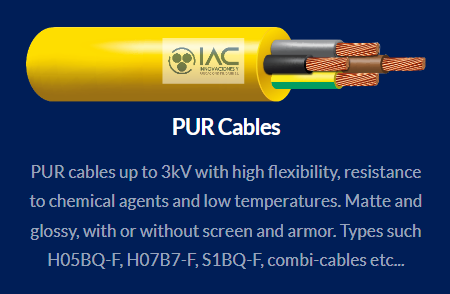
Most common applications of PUR cables
Polyurethane (PUR) cables have excellent mechanical and chemical properties, making them ideal for a wide range of applications, including:
- Industrial automation: PUR cables are commonly used in industrial automation systems because they are resistant to abrasion, cutting, and tearing, making them suitable for use in harsh industrial environments.
- Robotics: Because of their flexibility, high strength, and durability, PUR cables are often used in robotics and other automated systems that require continuous and repetitive movement.
- Medical equipment: PUR cables are resistant to chemicals and sterilization, which makes them ideal for use in medical equipment, such as surgical tools and diagnostic machines.
- Military and defense: PUR cables are commonly used in military and defense applications because of their resistance to oil, chemicals, and harsh weather conditions.
- Renewable energy: PUR cables are ideal for use in renewable energy systems, such as wind turbines and solar panels, because of their ability to withstand extreme weather conditions and UV radiation.
- Transportation: PUR cables are commonly used in transportation applications, such as trains, buses, and airplanes, because of their flexibility and durability, which allows them to withstand constant vibration and movement.
- Entertainment: PUR cables are often used in the entertainment industry for lighting and sound systems because of their flexibility and resistance to abrasion and chemicals.
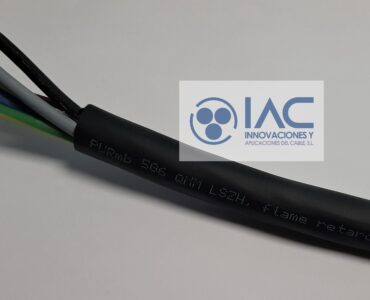
IAC manufactures a wide range of PUR cables, either for power as the H05BQ-F, H07BQ-F, S1BQ-F , or special types for the industry as control, instrumentation, and hybrid and composite cables, with electromagnetic (braid, screen) and mechanical (armor) protections.
The PUR cables made by IAC in both production plants in Spain, can be glossy or matte, Low Halogen and Halogen Free, and different outer sheath colors such as orange, yellow, black, blue, green, etc.. The copper strand can be class 5 and 6 for higher flexibility. IAC manufactures from smaller to bigger cross-sections and multi-conductors, either screened or un-screened, and even PUR armored cables.
IAC offers full customization and OEM manufacturing
Contact our sales department and we will provide you with information here.
Learn about the cable ranges manufactured by IAC here.
Follow the latest news of IAC by LinkedIn
